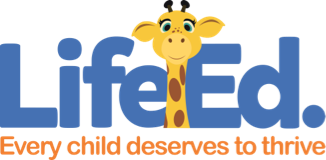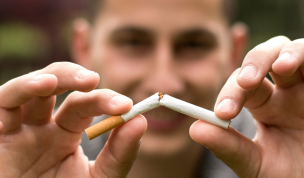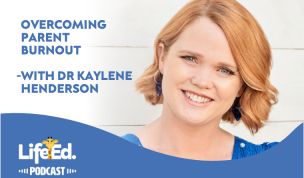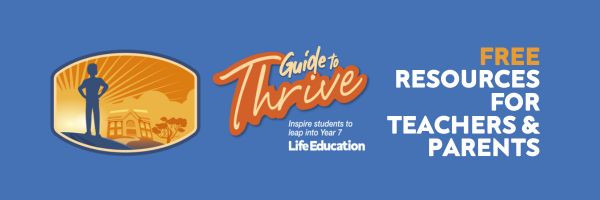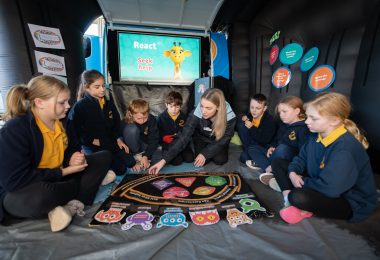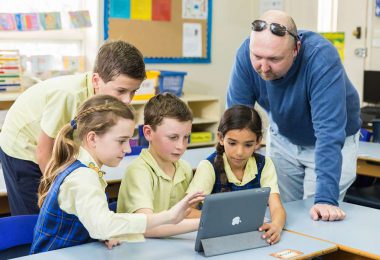How to talk to your kids about...Sex, with Vanessa Hamilton

Episode snapshot
In this episode, Dr. Tess Opie from inyourskin interviews Vanessa Hamilton from Talking the Talk Sexuality Education about how to start a conversation with your kids about sex.
This is episode 1 of a 4-part series dedicated to sexual health for tweens and teens. This series is for all the parents, carers and important people in young people’s lives that want to get some answers to all of those tricky questions we have around:
- What should we be talking about and when do we start?
- What’s happening in their world?
- Top tips on what to watch out for.
- What the research is telling us is actually going on.
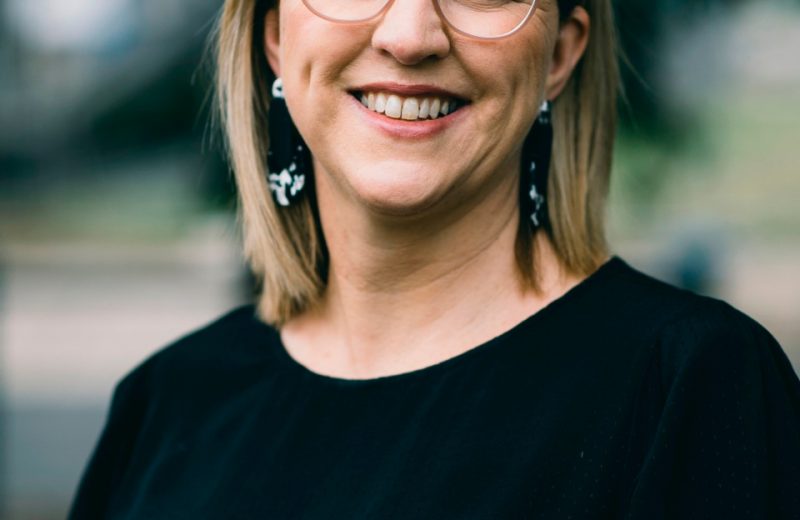
Who is Vanessa Hamilton?
“For more than 25 years I have worked as sexual health nurse and educator and now help teachers and parents educate children and young people.” Vanessa Hamilton
Vanessa Hamilton is a renowned sexuality, respectful relationships and consent educator. She is the founder of the education business; Talking The Talk Healthy Sexuality Education. She is a highly regarded author, speaker, writer and educator. She educates and supports teachers & parents to be the main, positive, source of information for children. With more than 25 years of experience as a sexual health nurse and over 18 years as an educator, and mother of three teens, Vanessa has had tens of thousands of conversations about sex and sexuality.
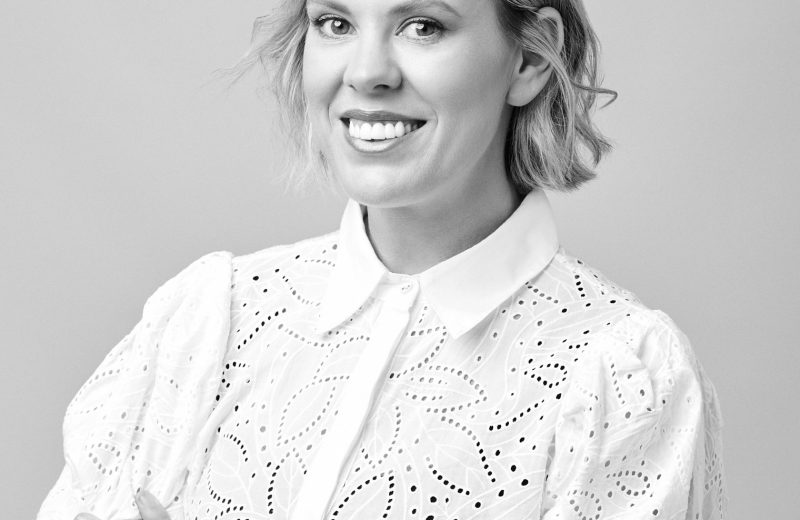
Special Guest and interviewer: Dr Tess Opie – inyourskin
Dr Tessa Opie is the founder and director of inyourskin, which delivers Relationships and Sexuality Education to schools, sporting clubs and other organisations across Australia and New Zealand. Her approach is sex-positive, evidence-based, and harm reduction focused.
Main topics of this episode:
- The episode focuses on common concerns that parents and caregivers have when it comes to school-based relationships and sexuality education. Vanessa shares that many parents worry about saying the wrong thing, not knowing what language to use, sexualizing children, and giving children ideas. She suggests that parents should be positive and open about sexuality education and that it’s better to say something than nothing, and that they lose their innocence not when talked about these topics, but when they are exposed to it (at school, because of their friends, or just browsing online) and they had no previous preparation on sexuality education to help them navigate the topic.
- Vanessa also emphasizes that parents are the main educators when it comes to sexuality education and that it’s never too early or too late to start having these conversations. She suggests starting when children are babies by naming body parts in a shame-free way, but if that isn’t the case, parents should start now.
- Tess notes that sometimes these concerns from parents and caregivers can present barriers to young people accessing information that they need to increase their health and safety. Vanessa agrees and suggests that a positive attitude towards sexuality education can lead to safer and happier young people with better health and well-being outcomes.
- Vanessa also recommends that parents revisit conversations about sexuality education rather than thinking of it as a one-time chat. She suggests that it’s okay to admit when you don’t know the answer to a question and to come back to it later with a thoughtful response.
